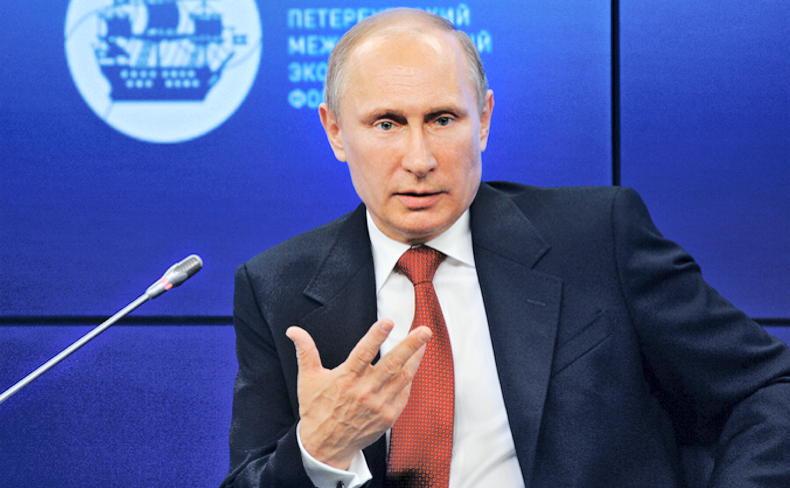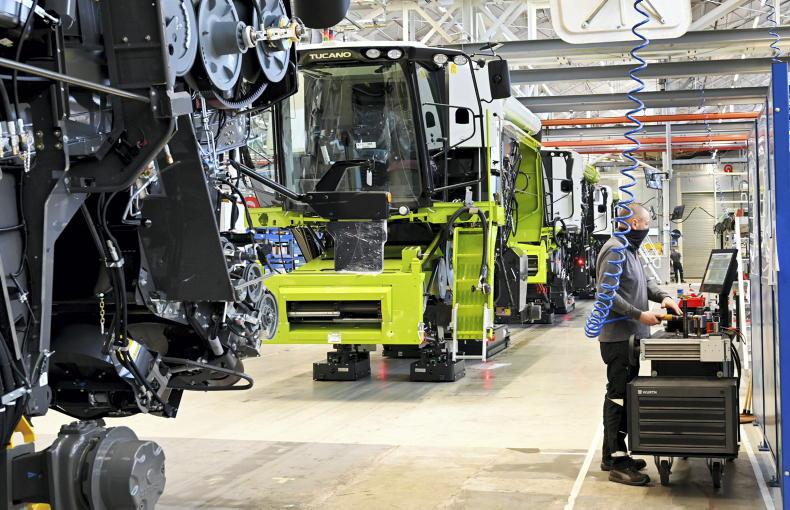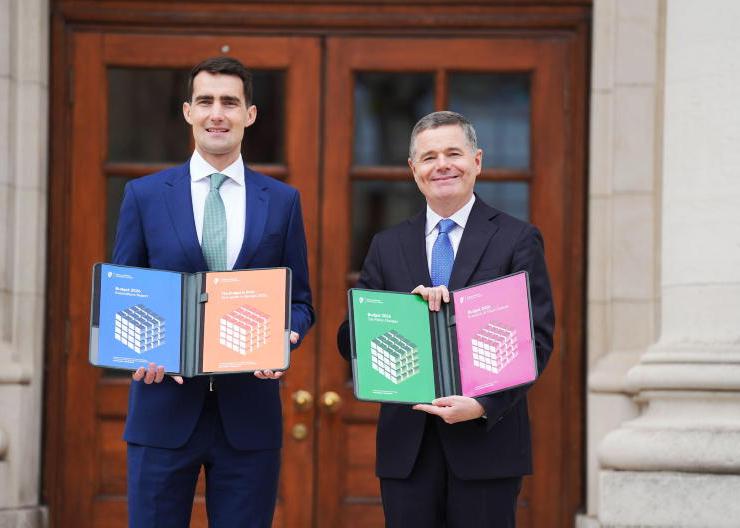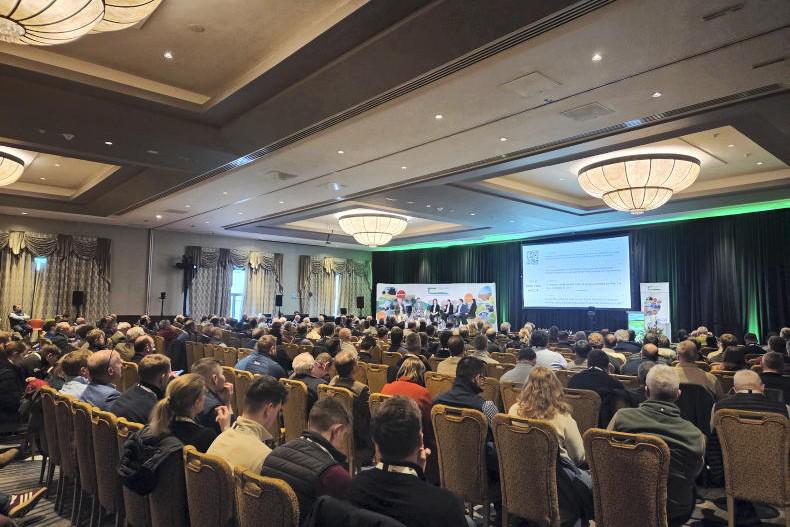Political attention across the EU is firmly focused on the impact of rising inflation on the cost of living. The argument that price growth is a temporary phenomenon has weakened further as eurozone inflation for January reached a record high of 5.1% – more than twice the ECB’s 2% target.
Soaring energy prices continue to fuel what is widely being billed as a “cost-of-living crisis”. Eurostat figures show annual inflation in energy to be running at 30% with natural gas prices up over 300% in the past year. It is a trend that shows no sign of easing with future markets indicating that higher energy prices will remain well into 2023.
The extent to which the European energy market, both in terms of supply security and price, is at the whim of foreign policies and international trends exposes a major failing in EU policy.
A rapid transition away from fossil fuel-based energy production in the absence of sufficient investment in renewable technology has led to a decrease in primary EU production and an increased reliance on imports.
Over the last decade, Eurostat figures show EU energy production to have declined by 10%, resulting in 61% of our energy needs being met from outside of the EU – the majority of which is fossil fuel-based in the form of coal, crude oil and natural gas.

The Nordstream 2 gas pipeline, owned by Russia's state-owned Gazprom but yet to open, runs between Russia and Germany under the Baltic Sea.
This reliance on imports has left the EU energy market heavily exposed to geopolitical tension. Nowhere is this more evident than in the ongoing fears of a Russian invasion of Ukraine. In 2019, 41% of natural gas, 26% of crude oil and 46.7% of coal imports into the EU were sourced from Russia – almost 40% of energy imports.
Cost of green initiatives
Ironically, the political scramble across EU member states to protect consumers from rising energy costs has seen many of the green initiatives designed to support the transition from fossil fuel to renewable-based energy production cast aside.
In the Netherlands, Poland and Spain, energy taxes have been cut. Additional energy surcharges that were introduced to fund renewable power have been scrapped in Germany. In France, nuclear energy production has increased.
Closer to home, we have seen the political debate focus on the €7.50 per tonne carbon tax increase planned from May.
But there is no doubt governments are also now preparing for a second wave of inflationary pressure – this time in relation to food prices.
Eurostat figures show the growth in the cost of unprocessed food accelerated by 5.2% in January. In the UK, the chair of Tesco is predicting food inflation of 5% while in the US, the USDA reports retail food price inflation of 6.5% in December 2021 compared with 2020.
It is an inflationary trend that is undoubtedly going to continue as the impact of a threefold increase in fertiliser prices alongside increased energy costs are priced into food markets.
Squeezing farmers
As we see playing out in the vegetable sector, retailers will initially move to try and squeeze farmer margins.
But the strength of global commodity markets will weaken their influence, particularly in the case of meat and dairy proteins.
Successive CAP reforms combined with international trade policies means European consumers are now no better insulated from rising food costs than anywhere else.
This current spike in food prices may serve to condition European consumers for a new era of higher food prices as Europe accelerates the green transition – one in which the consumer must bear the full cost of production.
In his recent address at the IFA AGM, An Taoiseach Micheál Martin stressed the purpose of the CAP was now to assist farmers in the green transition of agriculture.
Farmers simply cannot deliver all that is being asked of them from an environmental perspective on the budget that was established to ensure food security and affordable food prices. The economics do not stack up in the absence of substantially higher food prices.

\ Jim Cogan
Increased reliance on food imports
In the case of food price inflation, EU policymakers certainly cannot claim ignorance as defence. Three individual reports carried out by the USDA, Wageningen University and the EU’s Joint Research Centre all identified that EU Farm to Fork and biodiversity strategies, while delivering an environmental dividend, would lead to lower production, increased food prices and an increased reliance on imports.
EU voters are contemplating the prospect of war among near neighbours while their cost of living is already soaring. We are in times of growing distrust and disunity globally and yet the EU policy direction is to further grow our reliance on others.
European citizens deserve certainty of food and energy supply at reasonable costs throughout the green transition.
Without that, the Green Deal strategy among others will almost certainly be undermined as politicians across Europe seek to placate cold and hungry citizens.
Unlike anywhere else in the world, the EU has pursued climate and environmental ambitions at all cost and disregarded the consequences of this absolutist approach on consumers. Might this be about to change as green transition starts to push consumers into the red?
Political attention across the EU is firmly focused on the impact of rising inflation on the cost of living. The argument that price growth is a temporary phenomenon has weakened further as eurozone inflation for January reached a record high of 5.1% – more than twice the ECB’s 2% target.
Soaring energy prices continue to fuel what is widely being billed as a “cost-of-living crisis”. Eurostat figures show annual inflation in energy to be running at 30% with natural gas prices up over 300% in the past year. It is a trend that shows no sign of easing with future markets indicating that higher energy prices will remain well into 2023.
The extent to which the European energy market, both in terms of supply security and price, is at the whim of foreign policies and international trends exposes a major failing in EU policy.
A rapid transition away from fossil fuel-based energy production in the absence of sufficient investment in renewable technology has led to a decrease in primary EU production and an increased reliance on imports.
Over the last decade, Eurostat figures show EU energy production to have declined by 10%, resulting in 61% of our energy needs being met from outside of the EU – the majority of which is fossil fuel-based in the form of coal, crude oil and natural gas.

The Nordstream 2 gas pipeline, owned by Russia's state-owned Gazprom but yet to open, runs between Russia and Germany under the Baltic Sea.
This reliance on imports has left the EU energy market heavily exposed to geopolitical tension. Nowhere is this more evident than in the ongoing fears of a Russian invasion of Ukraine. In 2019, 41% of natural gas, 26% of crude oil and 46.7% of coal imports into the EU were sourced from Russia – almost 40% of energy imports.
Cost of green initiatives
Ironically, the political scramble across EU member states to protect consumers from rising energy costs has seen many of the green initiatives designed to support the transition from fossil fuel to renewable-based energy production cast aside.
In the Netherlands, Poland and Spain, energy taxes have been cut. Additional energy surcharges that were introduced to fund renewable power have been scrapped in Germany. In France, nuclear energy production has increased.
Closer to home, we have seen the political debate focus on the €7.50 per tonne carbon tax increase planned from May.
But there is no doubt governments are also now preparing for a second wave of inflationary pressure – this time in relation to food prices.
Eurostat figures show the growth in the cost of unprocessed food accelerated by 5.2% in January. In the UK, the chair of Tesco is predicting food inflation of 5% while in the US, the USDA reports retail food price inflation of 6.5% in December 2021 compared with 2020.
It is an inflationary trend that is undoubtedly going to continue as the impact of a threefold increase in fertiliser prices alongside increased energy costs are priced into food markets.
Squeezing farmers
As we see playing out in the vegetable sector, retailers will initially move to try and squeeze farmer margins.
But the strength of global commodity markets will weaken their influence, particularly in the case of meat and dairy proteins.
Successive CAP reforms combined with international trade policies means European consumers are now no better insulated from rising food costs than anywhere else.
This current spike in food prices may serve to condition European consumers for a new era of higher food prices as Europe accelerates the green transition – one in which the consumer must bear the full cost of production.
In his recent address at the IFA AGM, An Taoiseach Micheál Martin stressed the purpose of the CAP was now to assist farmers in the green transition of agriculture.
Farmers simply cannot deliver all that is being asked of them from an environmental perspective on the budget that was established to ensure food security and affordable food prices. The economics do not stack up in the absence of substantially higher food prices.

\ Jim Cogan
Increased reliance on food imports
In the case of food price inflation, EU policymakers certainly cannot claim ignorance as defence. Three individual reports carried out by the USDA, Wageningen University and the EU’s Joint Research Centre all identified that EU Farm to Fork and biodiversity strategies, while delivering an environmental dividend, would lead to lower production, increased food prices and an increased reliance on imports.
EU voters are contemplating the prospect of war among near neighbours while their cost of living is already soaring. We are in times of growing distrust and disunity globally and yet the EU policy direction is to further grow our reliance on others.
European citizens deserve certainty of food and energy supply at reasonable costs throughout the green transition.
Without that, the Green Deal strategy among others will almost certainly be undermined as politicians across Europe seek to placate cold and hungry citizens.
Unlike anywhere else in the world, the EU has pursued climate and environmental ambitions at all cost and disregarded the consequences of this absolutist approach on consumers. Might this be about to change as green transition starts to push consumers into the red?











SHARING OPTIONS